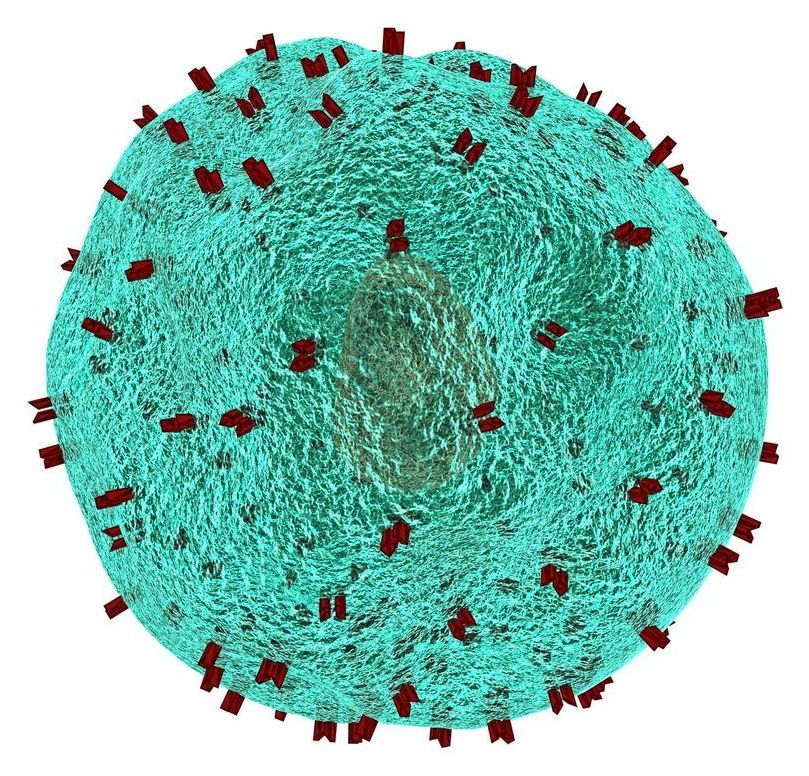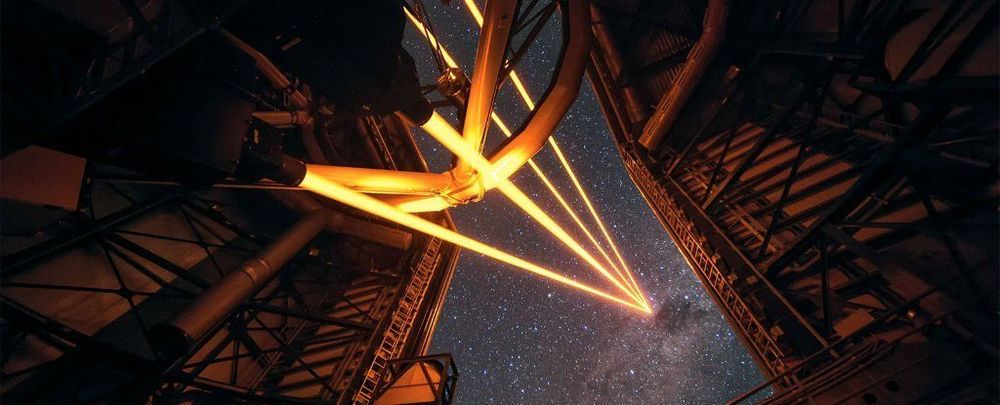
A large team of researchers affiliated with multiple institutions in and around Hangzhou, China, has taken a very large step toward the creation of a comprehensive human single-cell atlas. In their paper published in the journal Nature, the group describes how they sequenced the RNA of over a half-million single cells donated by volunteers and processed the information to present it in a way that could be used in a single-cell atlas.
All of the cells in the human body carry the same basic genetic information—they differ in which genes are expressed. Those genes that are expressed define the function of a given cell. For some time, medical researchers have wanted an atlas that would describe which genes are expressed in cells in all parts of the body. Such an atlas would help scientists better understand the functions of cells and how they work together, in addition to saving time on new research efforts. Atlases have been created for some tissue types, but currently, there is no single atlas to cover all of the cell types in the human body. Creating such an atlas would require much time and effort over many years, as the human body has over 30 trillion cells, after all. In this new effort, the researchers have taken a large step toward that goal by providing gene expression information for over 500,000 cells from different parts of the body (and some from fetal tissue), including all of the major organs.
The work involved first obtaining the tissue samples and then processing them. To that end, the cells were first isolated by putting some in a centrifuge and using enzymes with others. Once isolated, each of the cells were sequenced using a special tool the team previously developed called Microwell-seq—it allows for fast sequencing of large numbers of cells. In all, the team sequenced cells from 60 types of tissue. The researchers then generated a map using a method they devised for classifying cell information. The map and its underlying data form the basis of what could become a full, comprehensive single-cell database.



















